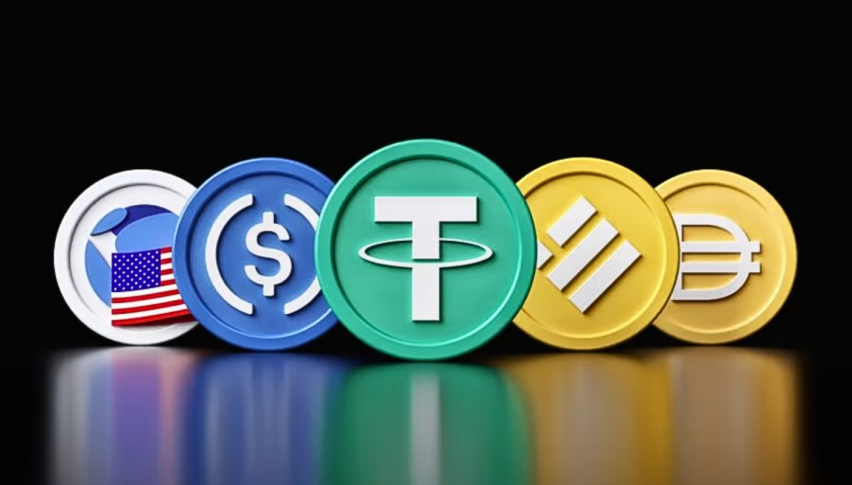Cryptocurrencies: U.S. Senate Moves Forward on Stablecoin Regulation
The GENIUS Act sets out a regulatory framework specifically for stablecoins—cryptocurrencies designed to maintain a fixed value.

Quick overview
- The Senate's approval of the GENIUS Act marks a significant step towards establishing stablecoin regulation in the U.S.
- The bill, supported by both Republican and Democratic senators, aims to create a clear regulatory framework for stablecoins.
- Key figures in the crypto industry view the advancement of the bill as a victory and a necessary move for coherent regulation.
- Controversy surrounds the legislation, particularly regarding potential conflicts of interest linked to political figures and the crypto sector.
The advancement of the GENIUS Act in the Senate marks a turning point in the push for clear stablecoin regulation in the U.S., with significant implications for both the crypto industry and domestic politics.

The U.S. Senate took a major step toward regulating the stablecoin market on Monday by approving a procedural vote that clears the way for consideration of the GENIUS Act—a legislative proposal aimed at establishing clear rules for these digital assets. Championed by Republican Senator Bill Hagerty, the bill overcame partisan divides, earning support from 16 Democratic senators amid intense internal debates in Congress.
The move was welcomed by key figures in the crypto space. Brian Armstrong, CEO of Coinbase, called the progress a “significant victory” for the industry and highlighted the growing political recognition of blockchain technology in Washington. Coinbase stressed that it’s time to move beyond partisan games and focus on the substance of the bill. Paul Grewal, the company’s Chief Legal Officer, emphasized that Americans are expecting coherent regulation—and that Congress should not squander this opportunity to provide clarity to a rapidly growing market.
What the GENIUS Act Proposes
The GENIUS Act sets out a regulatory framework specifically for stablecoins—cryptocurrencies designed to maintain a fixed value, typically pegged to fiat currencies like the U.S. dollar. The bill outlines operational standards, compliance requirements with existing financial regulations, and consumer protection measures. It also proposes oversight mechanisms aligned with laws such as the Bank Secrecy Act, which focuses on preventing financial crimes.
However, the legislation has not been without controversy. Tensions escalated following recent reports that World Liberty Financial—a firm linked to former President Donald Trump—plans to launch its own stablecoin. This news prompted some Democratic senators who had supported the bill in committee to withdraw their backing ahead of the full vote. Senator Elizabeth Warren, a frequent critic of the crypto sector, warned that the bill could open the door for political figures to engage in high-risk ventures, raising concerns about conflicts of interest and potential corruption.
With over $200 billion worth of stablecoins already in circulation in the U.S., many analysts argue that the absence of clear regulation puts the country at a competitive disadvantage compared to jurisdictions that have already adopted crypto-specific frameworks. The legislative debate over the GENIUS Act is shaping up to be a defining moment in the evolving relationship between the crypto ecosystem and the traditional U.S. financial system.
- Check out our free forex signals
- Follow the top economic events on FX Leaders economic calendar
- Trade better, discover more Forex Trading Strategies
- Open a FREE Trading Account
